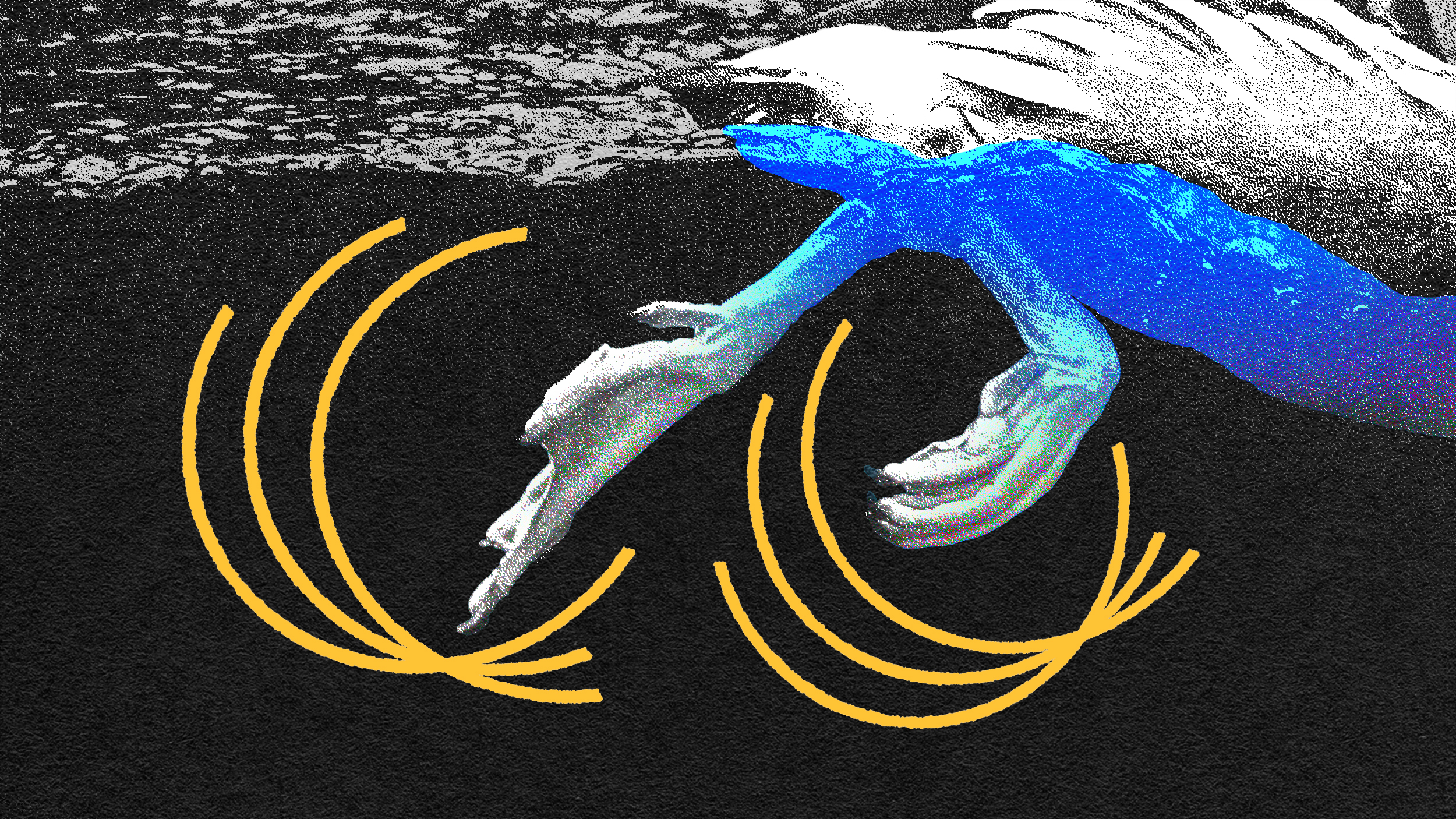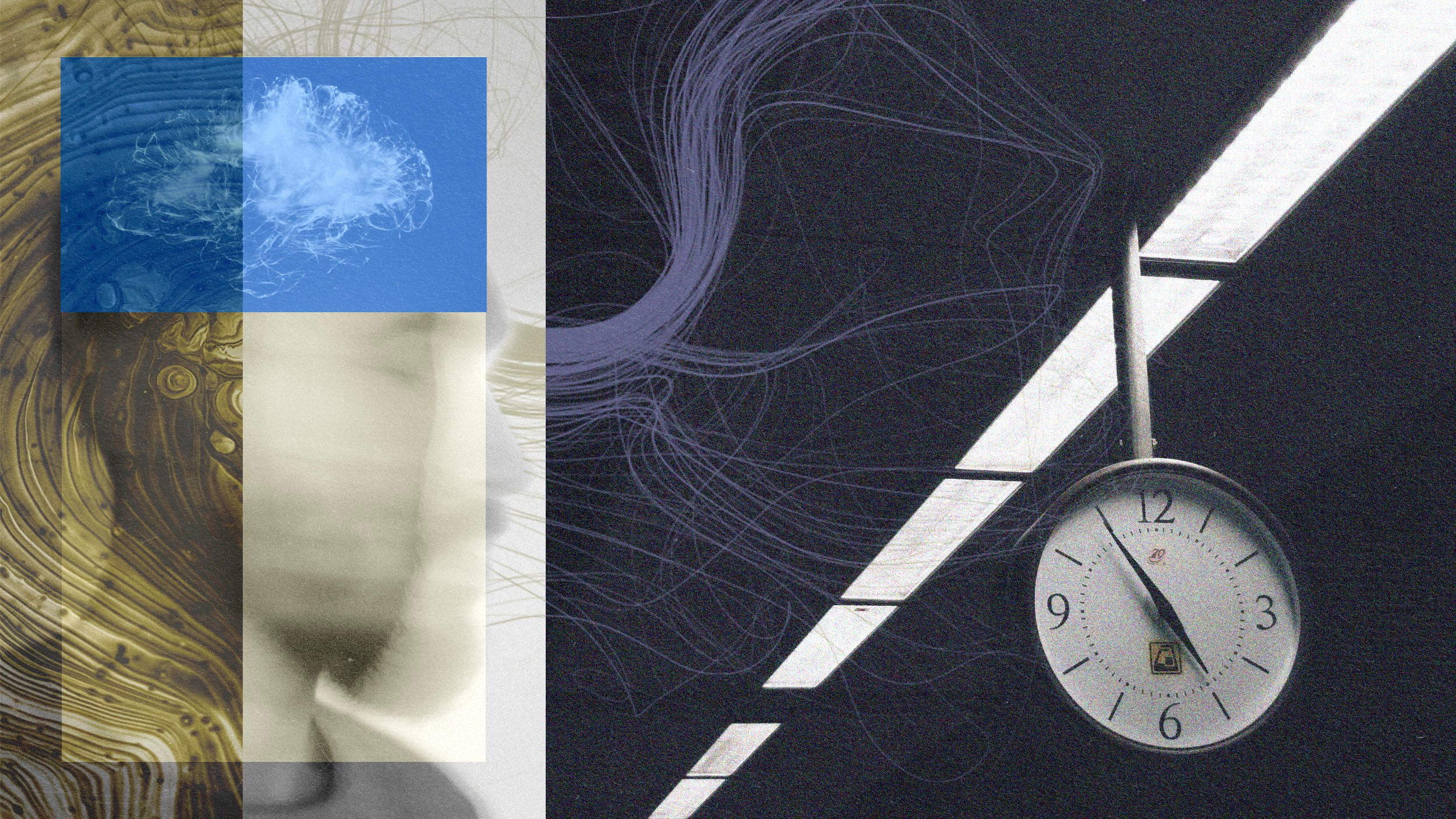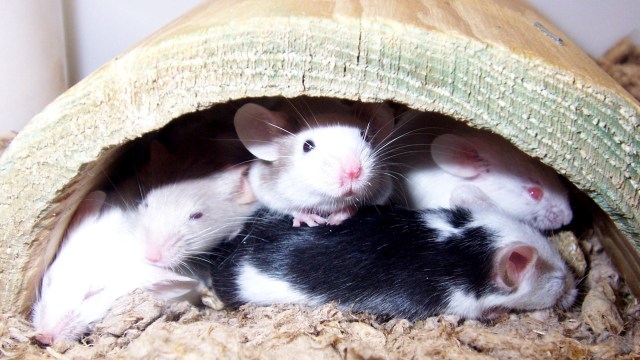Taking a nap sharpens your brain, suggests new science

Getty Images
Maybe you knew this already, but daytime naps are good for you. But why exactly? A new study that measured changes in people’s brains before and after naps found that there are clear cognitive benefits to sleeping on it. A nap can help with how we process and react to information.
Researchers from the University of Bristol in the U.K discovered that even a short period of sleep allows our brains to interpret unconscious information that is not part of our usual awareness.
For the study, the scientists recruited sixteen participants of varying ages. Since prior research established that sleep helps problem solving, the researchers probed whether a conscious mental process is necessary before or during sleep to help with that.
In the experiments, the participants were shown information very briefly, effectively “masking” it to avoid conscious perception. But this information, which consisted of specially-chosen words, was processed subliminally in the brain, allowing the scientists to zero in on whether this hidden knowledge interferes with consciously perceived info.
The participants carried out their main task – the masked prime task – and a control task, where they had to react if they spotted red or blue squares on a screen. After their tasks, the subjects were made to either take a 90-minute nap or stay awake before performing the same tasks again.
Scientists studied how the brains of the participants reacted using an EEG and saw that sleep improved the processing speed of the masked prime task. The same effect was not observed for the control task. This indicated that sleep was responsible for inducing improvement in tasks that were processed unconsciously.
The researchers conclude that even a bit of sleep can go a long way in helping us deal deeper with information that comes at us during waking hours.
The study was carried out by Netasha Shaikh and Elizabeth Coulthard from the University of Bristol.
Dr. Coulthard, who is the Consultant Senior Lecturer in Dementia Neurology at the University of Bristol Medical School, remarked that their “findings are remarkable in that they can occur in the absence of initial intentional, conscious awareness, by processing of implicitly presented cues beneath participants’ conscious awareness.”
Check out the new study published in the Journal of Sleep Research.





